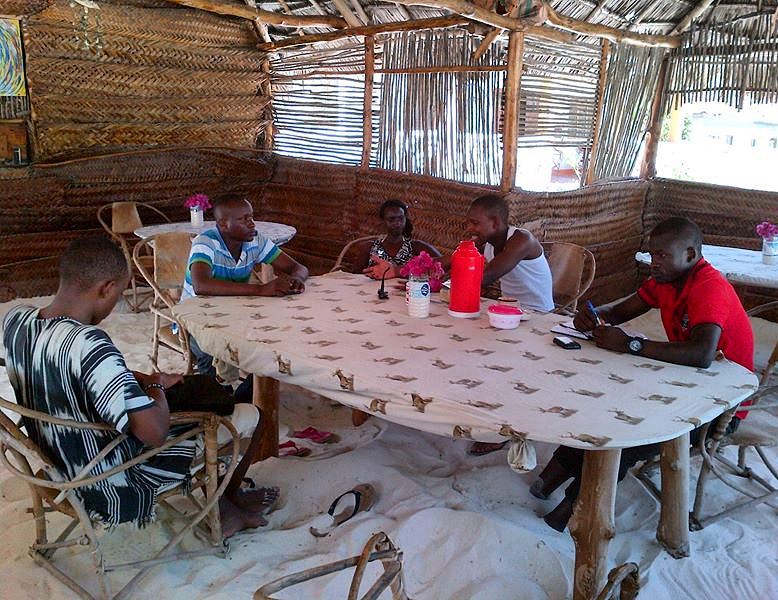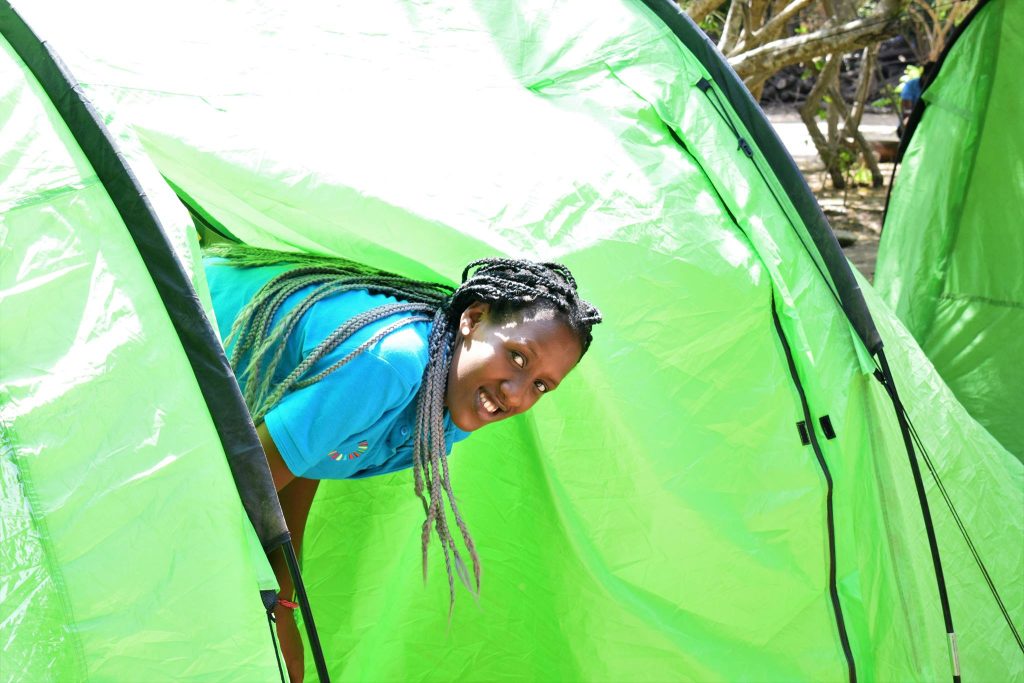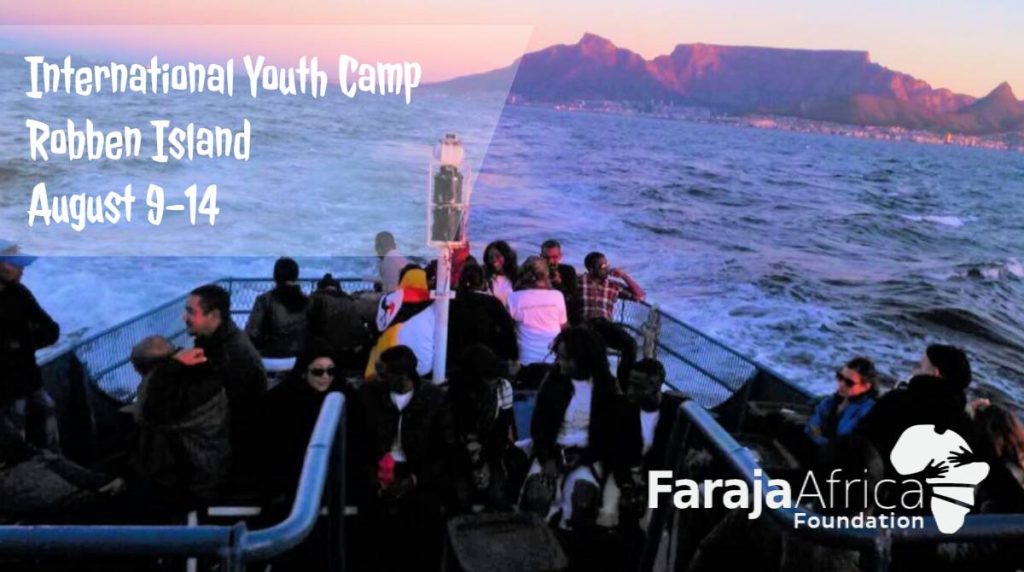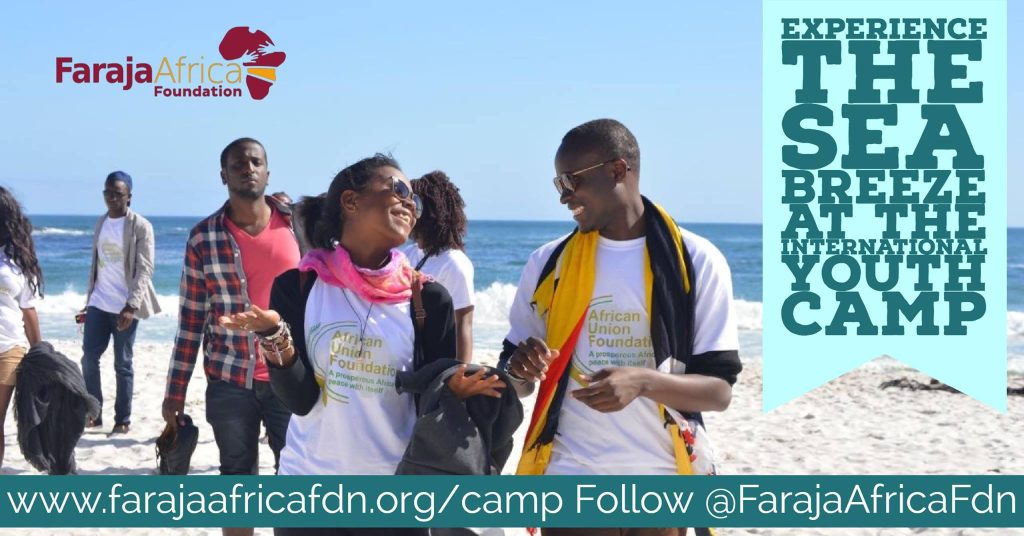



Project overall goal
To prepare emerging leaders to initiate, develop, and sustain community and youth development initiatives by economically empowering and socially engaging them in their community development.
Target groups
35 youth leaders and social entrepreneurs from Institutions of Higher Learning, Youth-Led organizations and Leadership Institutions
Location
Lesotho, Zimbabwe, Kenya, Sudan, Tanzania, Egypt, Ghana, Mozambique, Uganda, Cameroon, Seychelles, South Africa, Nigeria, Rwanda, Liberia, Morocco, Botswana, Ethiopia, Namibia, Zambia, Malawi, The Gambia, Mauritius, Somalia, South Sudan and Sierra Leon.
Date of Implementation
9th– 14th August 2018
Project description
Africa is home to the world’s youngest and fastest-growing talented but untapped potential population. Although diverse sources continue to portray Africa as a dark continent filled with unemployment, cultural erosion, political instability, conflict, corruption, natural & man-made disaster, disease outbreaks, gender inequality and much more, we choose to see a sleeping lion that needs to be awakened and have its young people rise like a phoenix from the ashes to bring about sustainable change. We chose “Faraja!“ A Swahili word that means “comfort“, we decided to organize ourselves to comfort Africa by being the solution and taking a different paradigm that empowers and provides fellow young people with the needed skills, platforms for dialogue and exposure they need to succeed. Based on that background, with consultations, The Faraja Africa Foundation was founded with inspiration from a team of young social entrepreneurs.
The Faraja International Youth Camp (#FarajaIYC) is an invented space for young people to highlight and deliberate on issues that matter most to them. Each year, the youth camp focuses on a specific topic. During the camp, the youth engage in vibrant discussions about the role of young people as potential peer drivers for constructive civic engagement and delve deeper into tackling issues around the state of young people’s participation in African electoral and political processes. In addition, discussions focus on technology’s role in advancing democratic agendas, innovation, access to information and employment opportunities for young people, not forgetting our culture and African Heritage.
Partners
British Council South Africa
Robben Island museum








